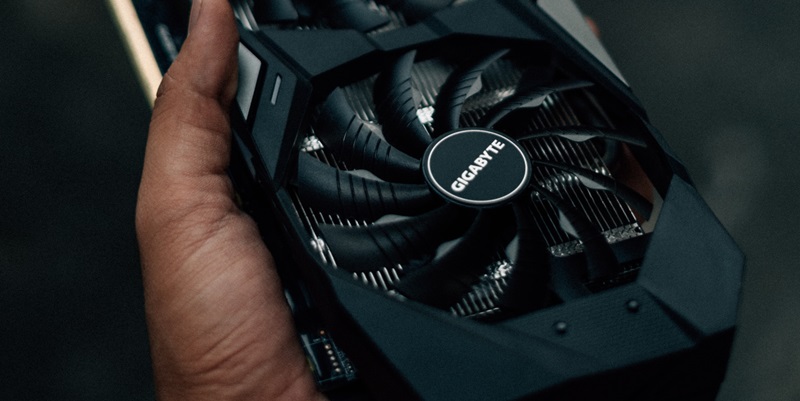The MSI GeForce RTX 3060 Ventus 3X is a notable contender in the mid-range GPU market that effectively balances cost with performance, thanks to NVIDIA’s Ampere architecture. This card provides access to advanced features typically associated with higher-end models, such as dedicated Ray Tracing Cores, AI-enhanced Tensor Cores, and powerful streaming multiprocessors, which are crucial for modern gaming and creative tasks. It’s not just about the tech specs, though. MSI’s emphasis on a cooling system that performs efficiently and a build that promises durability makes the RTX 3060 Ventus 3X stand out. Its design doesn’t only cater to performance but also stability, making it an attractive choice for gamers and creators who need reliable and capable hardware without the steep price tag. With these attributes, the MSI GeForce RTX 3060 Ventus 3X holds its own in a competitive sector where finding the right mix of price and power is key.
A Gamer’s Mid-Range Dream
The MSI RTX 3060 Ventus 3X is aptly designed for gamers who demand high performance at resolutions that are becoming standards – 1080p and 1440p. Its ability to churn out high frame rates in demanding games is notable, particularly when considering the price-to-performance ratio that this card represents. With 3584 CUDA cores and 12GB of GDDR6 memory, gamers can experience smooth gameplay, even when settings are cranked up high. The ray tracing abilities, while not as powerful as the higher-end models, serve as a welcome addition that brings realistic lighting and shadows to the virtual worlds they explore. The real-world gaming benchmarks align with MSI’s claims, showcasing that this card indeed punches above its weight class.
The card’s real test comes when ray tracing is enabled. While capable of producing stunning visuals, turning on ray tracing does lead to a notable dip in performance. This means that gamers invested in the most realistic graphics may have to dial back other settings to maintain a smooth experience. Yet, it remains impressive that such a feature is accessible in a card that sits comfortably in the mid-range segment, bringing what was once a premium feature to a broader audience. For those sticking to traditional rendering methods, the RTX 3060 Ventus 3X soars, often delivering more than what is expected from its class.
Cool and Collected Under Pressure
The MSI GeForce RTX 3060 Ventus 3X stands out for its exceptional thermal management. With a triple-fan setup and copper heat pipes linked to an efficient heatsink, it keeps the GPU cool even during intense gaming sessions, all the while keeping noise levels low—perfect for both gamers and audio professionals. This focus on cooling extends the card’s lifespan, which is great for users who don’t upgrade often.
MSI also ensures the card’s physical robustness, reinforcing consumer confidence in the product’s durability. Though not designed for 4K gaming, the RTX 3060 Ventus 3X is an ideal mid-tier choice for standard gaming resolutions and creative work. By focusing on a balance between cost and performance, MSI provides a solid option for value-minded gamers and content creators. Buyers should always consult MSI’s official resources for the latest specs and compatibility to make sure the card fits their system’s needs.

